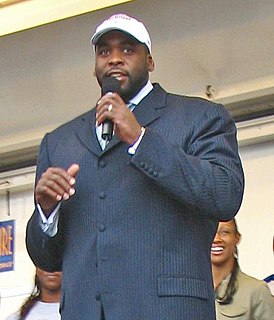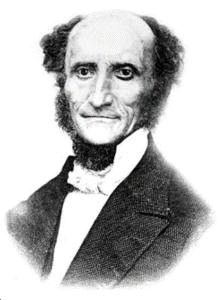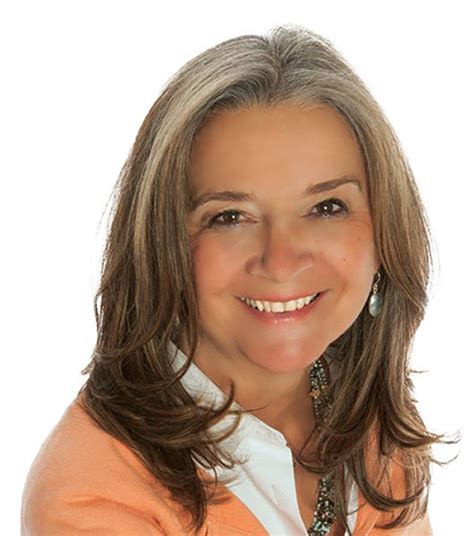A Quote by Jonathan Kozol
There has been so much recent talk of progress in the areas of curriculum innovation and textbook revision that few people outside the field of teaching understand how bad most of our elementary school materials still are.
Related Quotes
As a matter of fact since Barack Obama has been president it is more overt - I believe - than it's been since the 1940's and 50's and so I am not surprised by it. I think it's an excellent teaching tool, particular for my sons and our people to understand that we still have to build within our community. We still have to work with one another. We still have to connect even with people outside of this country.
I went to Catholic school my entire life. Elementary school was probably my worst time - those are the years when you're figurin' out who you are, and then you've got the added pressure of being on the light-skinned side of things. I've been around - excuse me saying - predominantly white people in Catholic school, who sit around and just talk about black people because they thought they were in the presence of themselves, and they used to talk cool. I felt firsthand the racial prejudice that is still alive today.
Foreign languages, I think they are important but I don't think it should be required because-actually I think they should be teaching you English and then teaching you how to understand double talk-a politician's double talk-not teaching you how to understand French and Spanish and German, when am I going to Germany? I can't even afford to pay my rent in America, how am I going to Germany?
We the undersigned, intend to establish an instruction and training institution which differs from the common elementary schools principally in that it will embrace, outside of (in addition to) the general and elementary curriculum, all branches of the classical high school, which are necessary for a true Christian and scientific education, such as: Religion, the Latin, Greek, Hebrew, German, French and English languages; History, Geography, Mathematics, Physics, natural history, Introduction to Philosophy, Music, and Drawing.
We don't invest in financial literacy in a meaningful way. We should be teaching elementary school children how to balance a checkbook, how to do basic accounting, why it's important to pay your bills on time. First, education. Begin the learning process as early as possible, in elementary school. Second, encourage and support entrepreneurism. Third, policy. I know it's a priority of the US Treasury to augment financial inclusion and increase financial literacy.






































